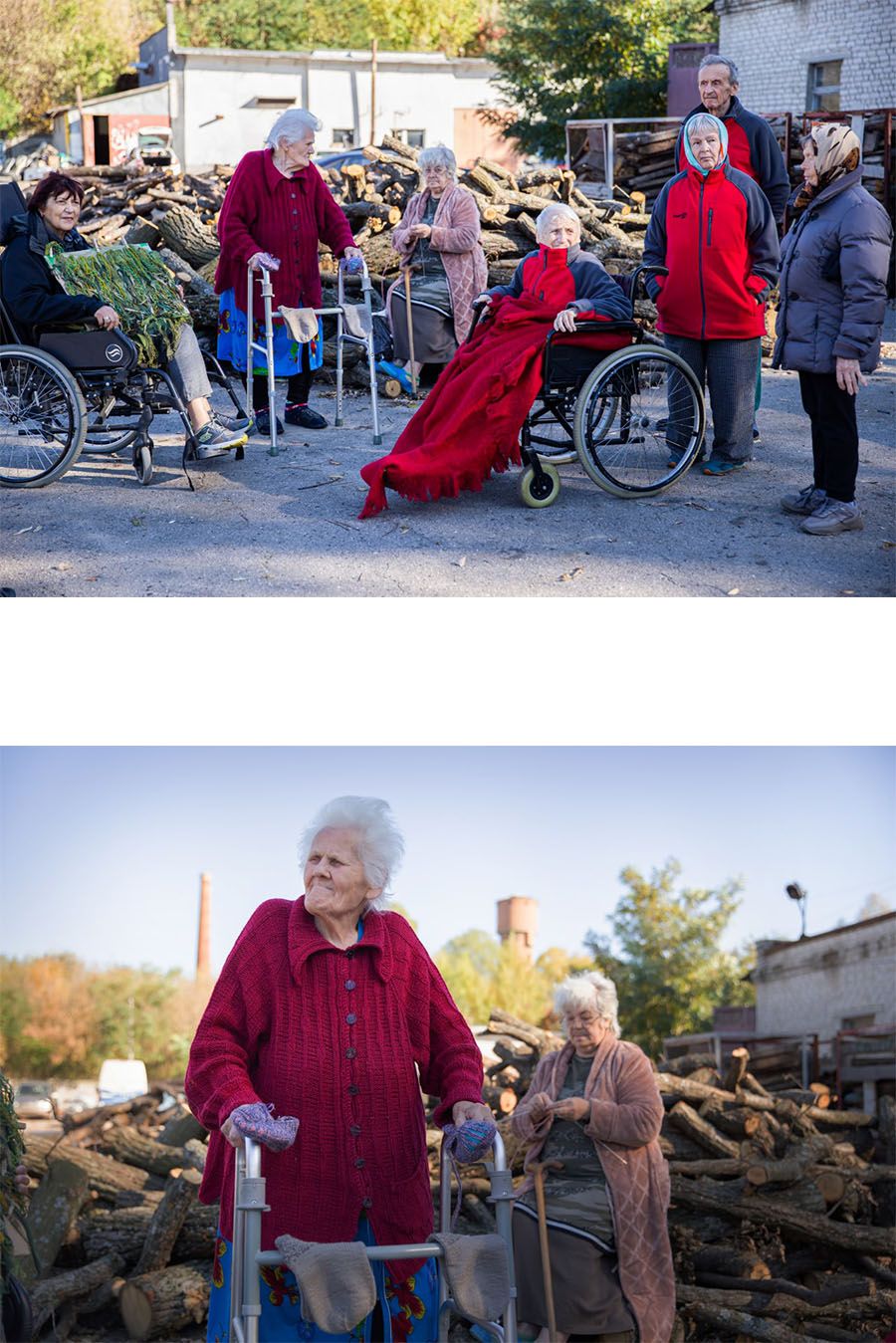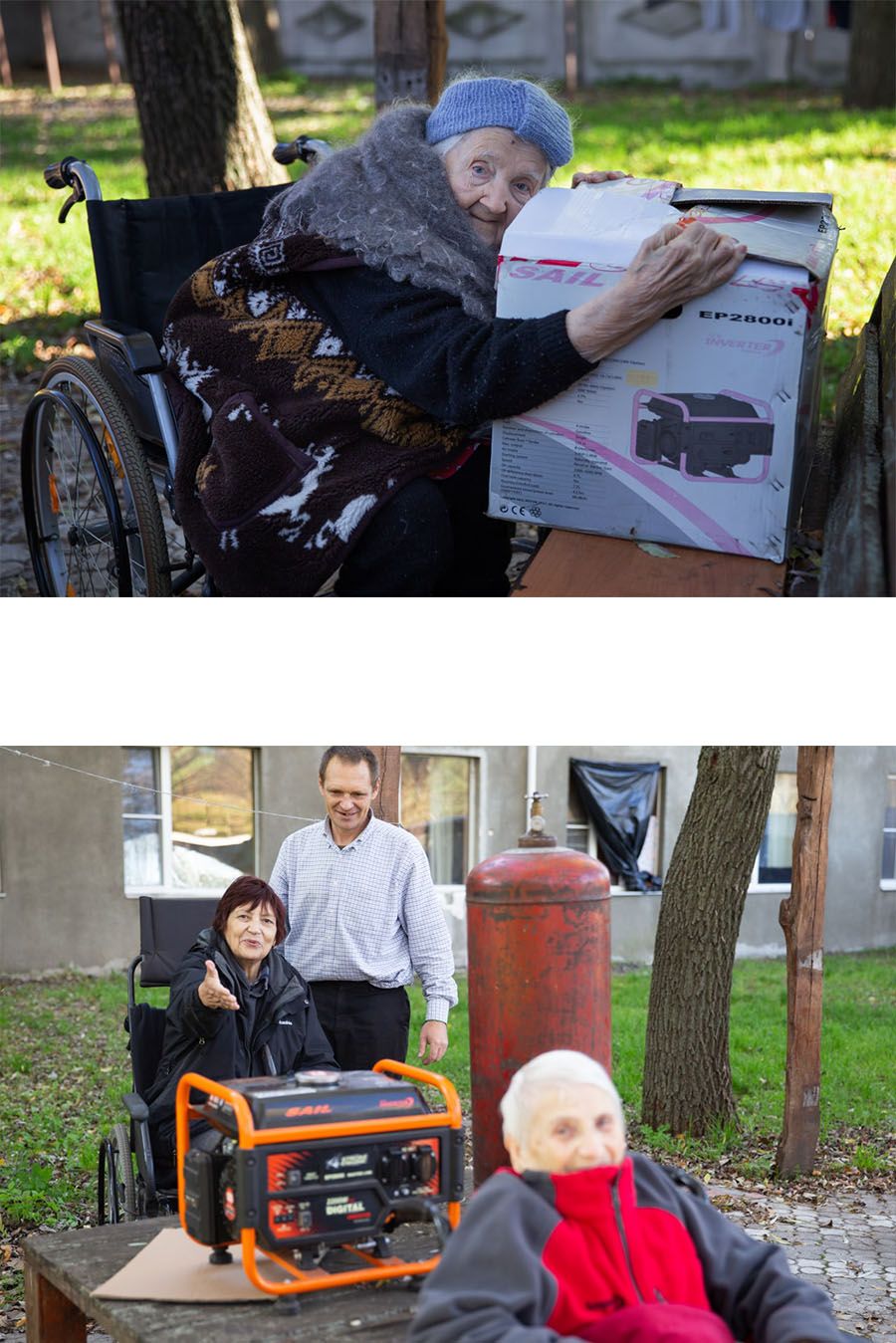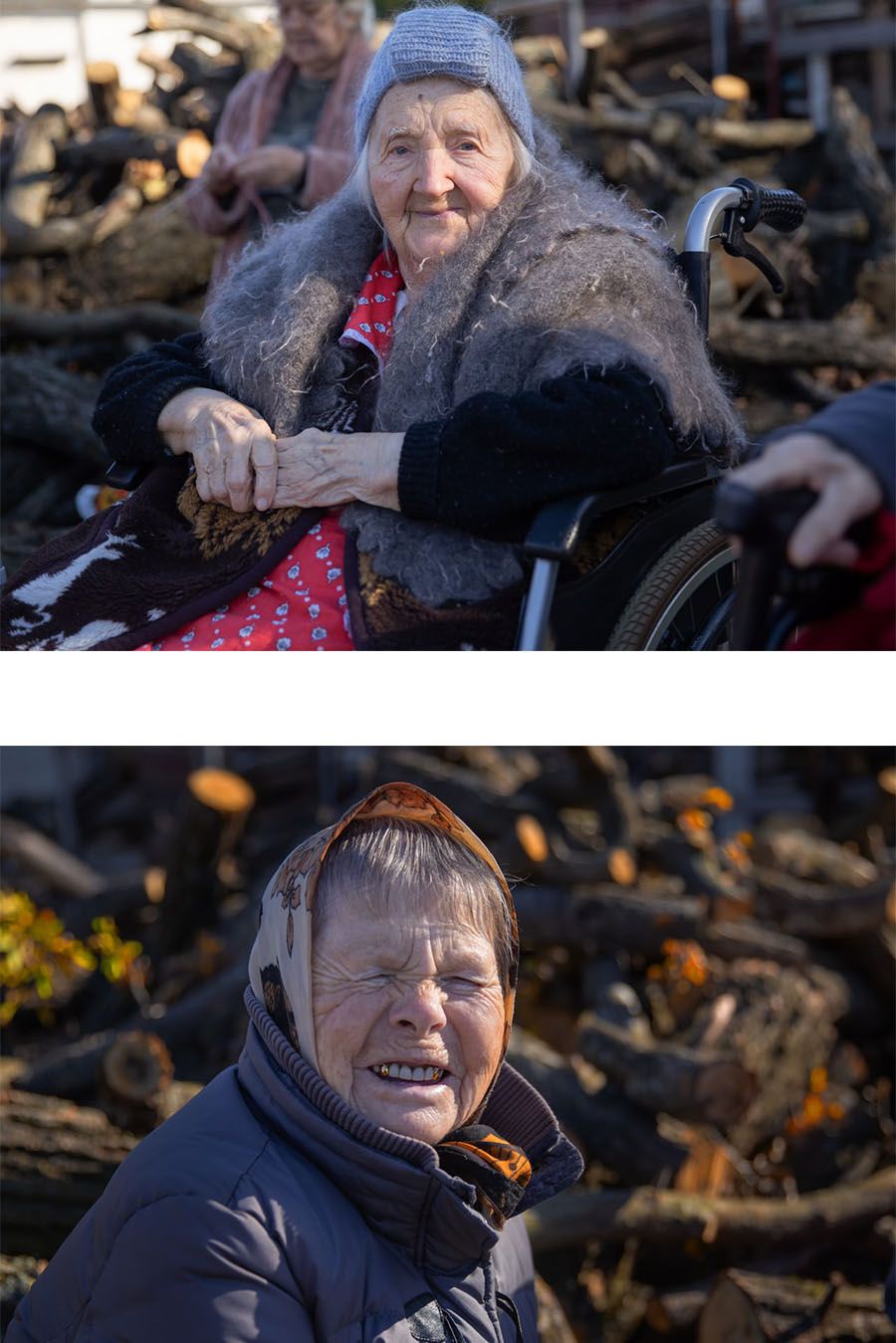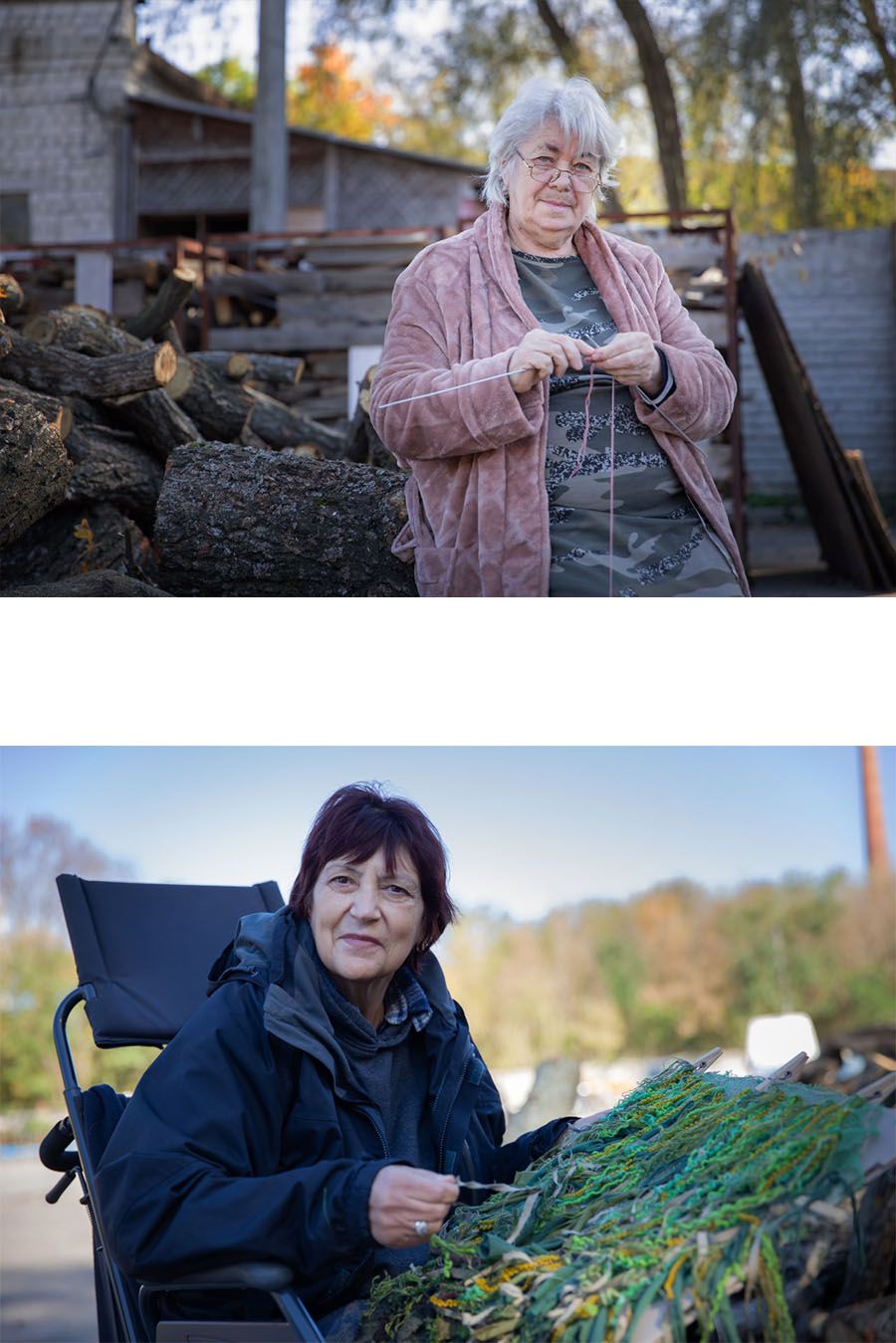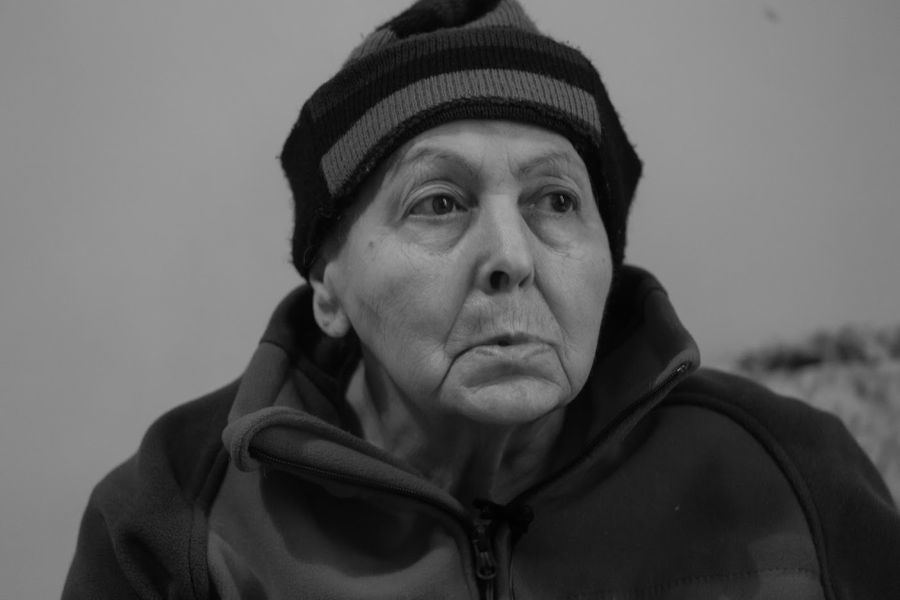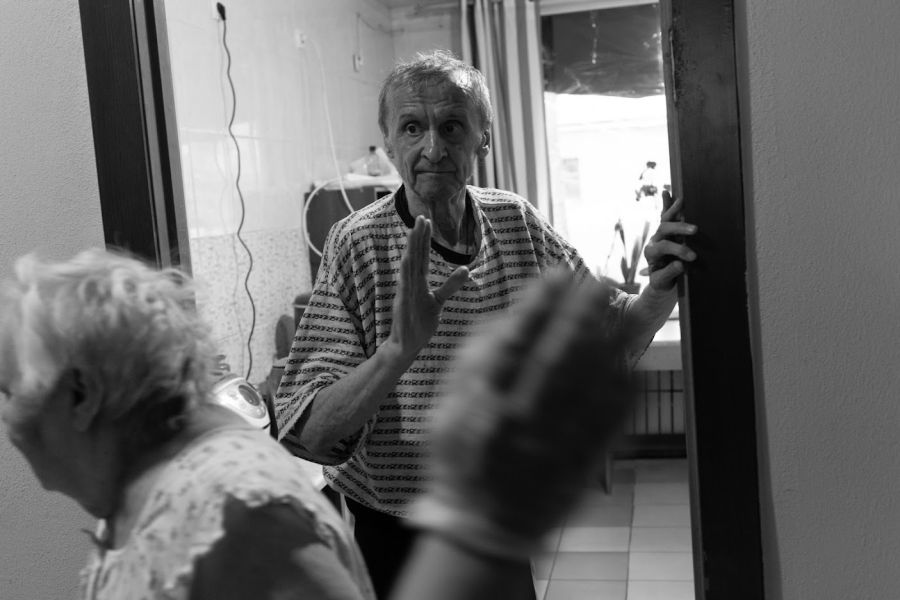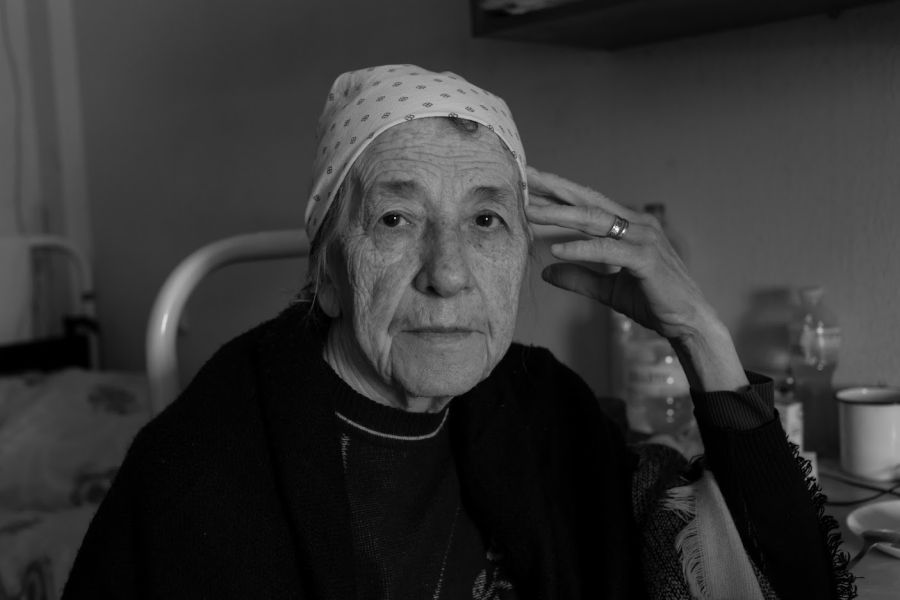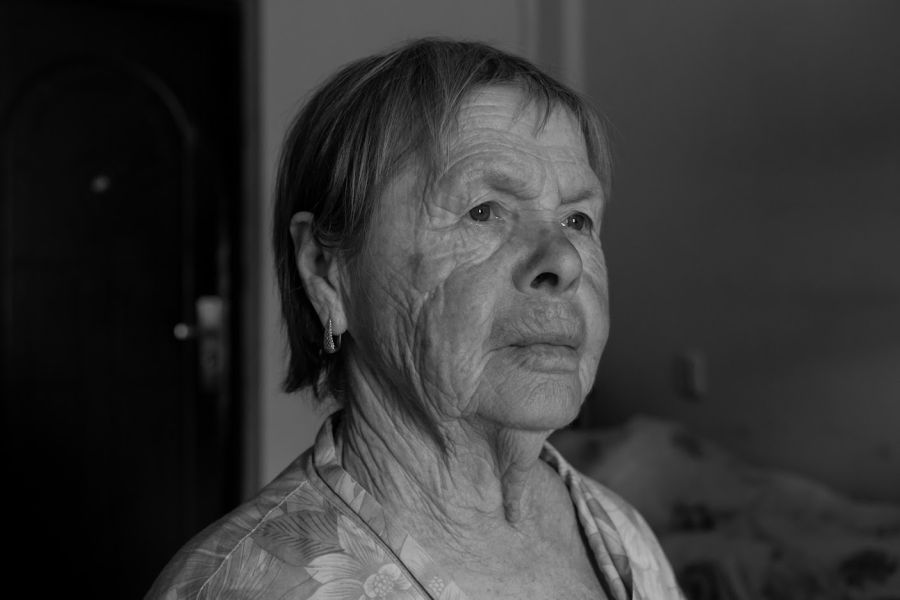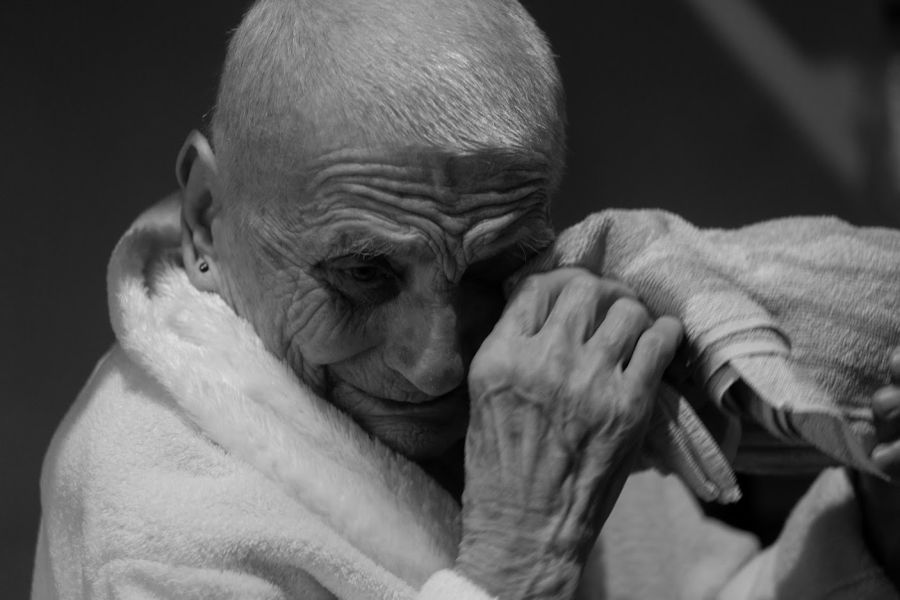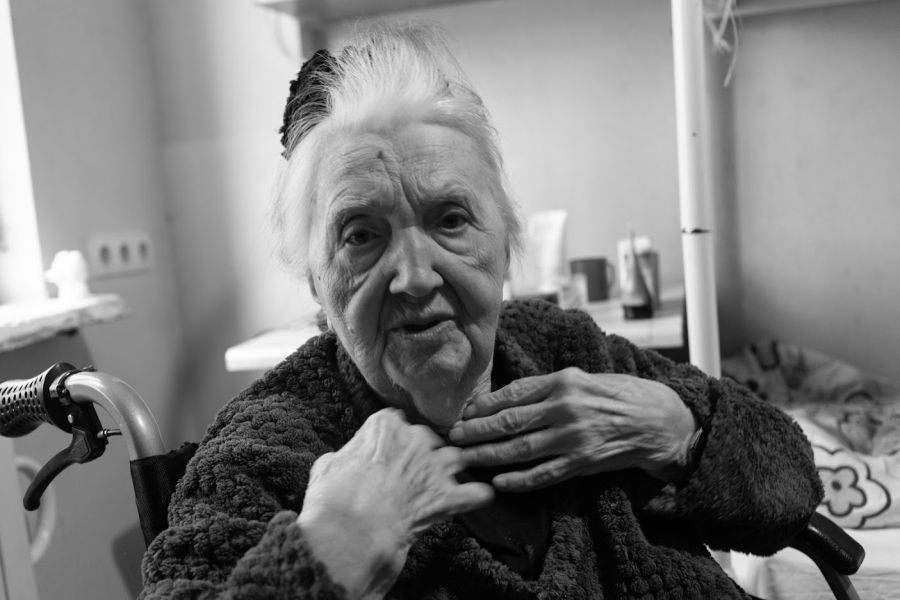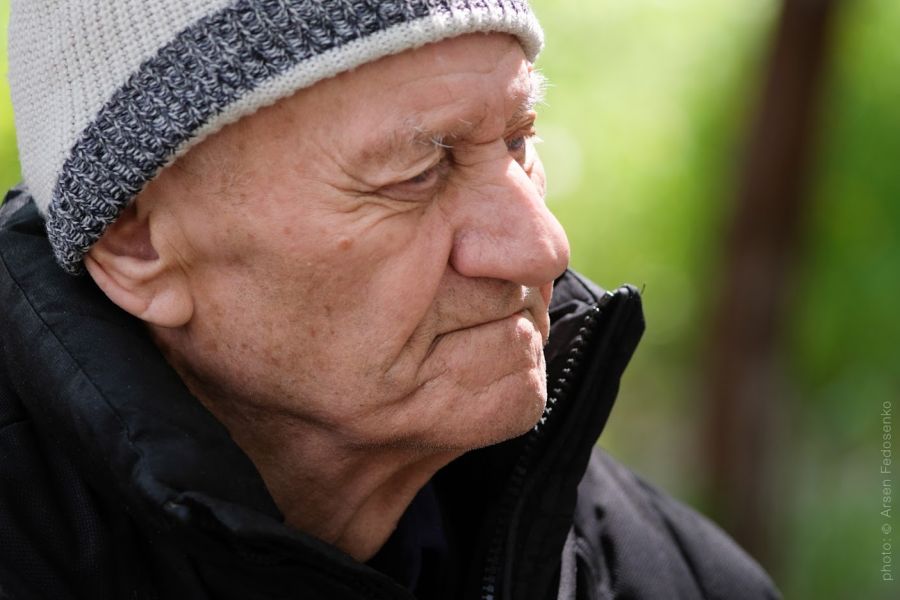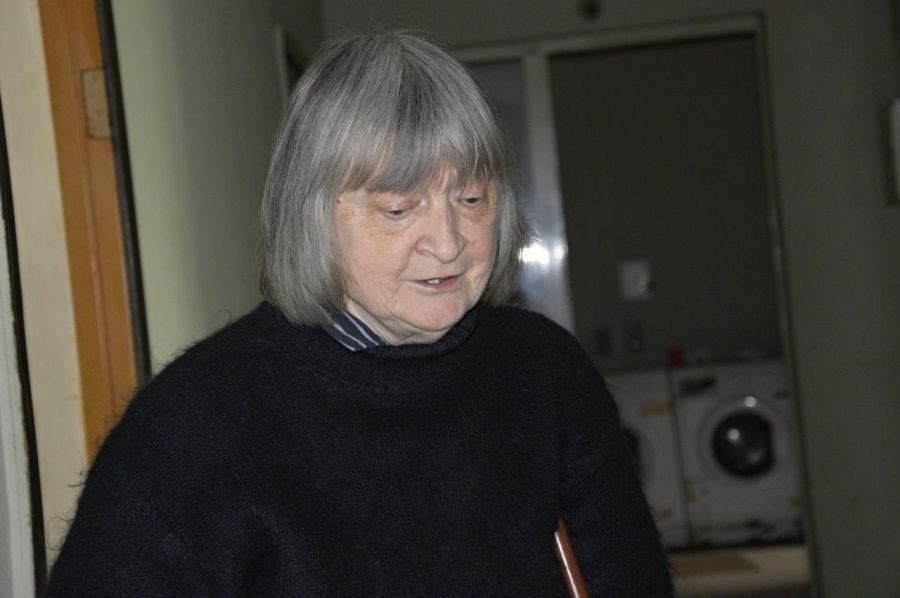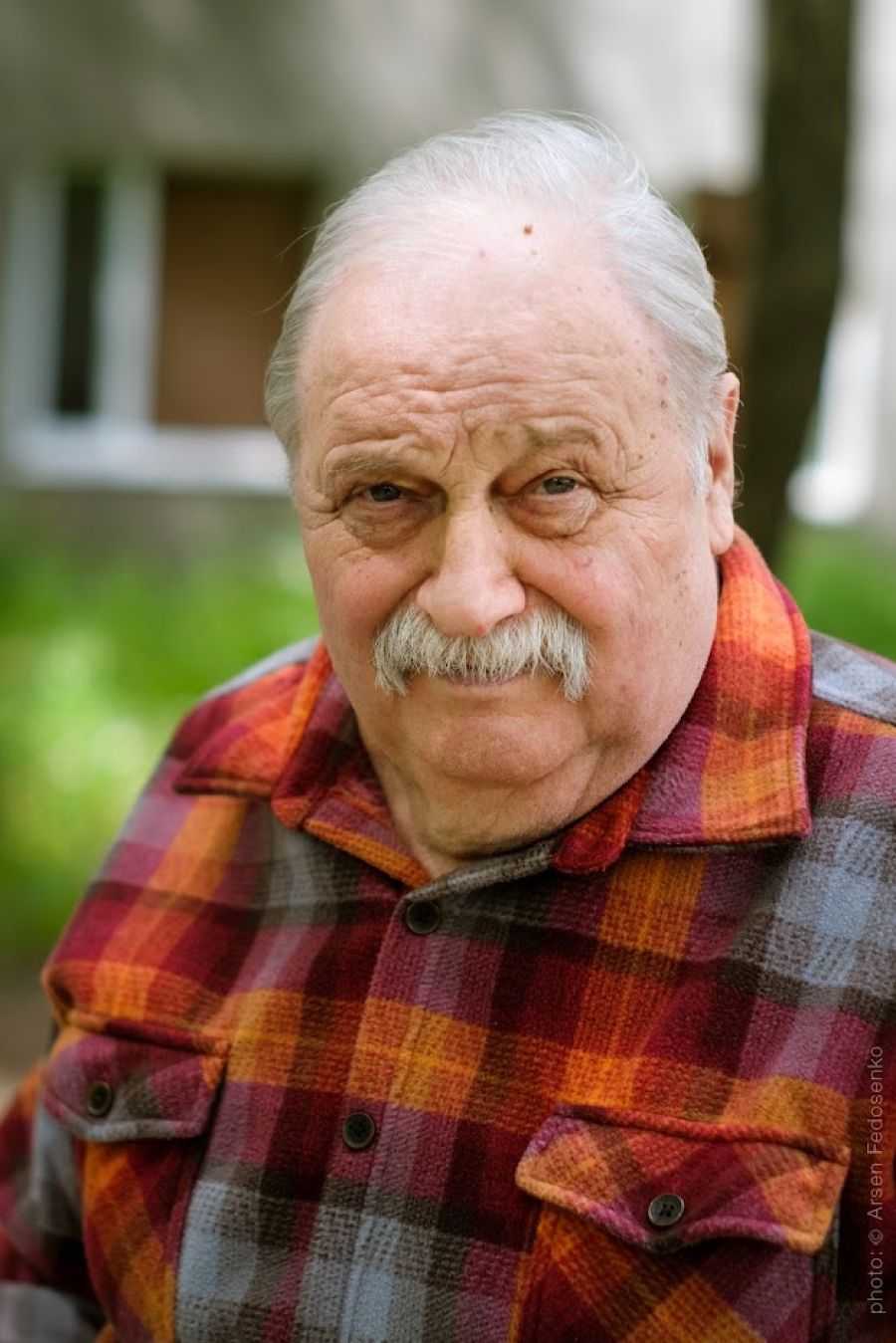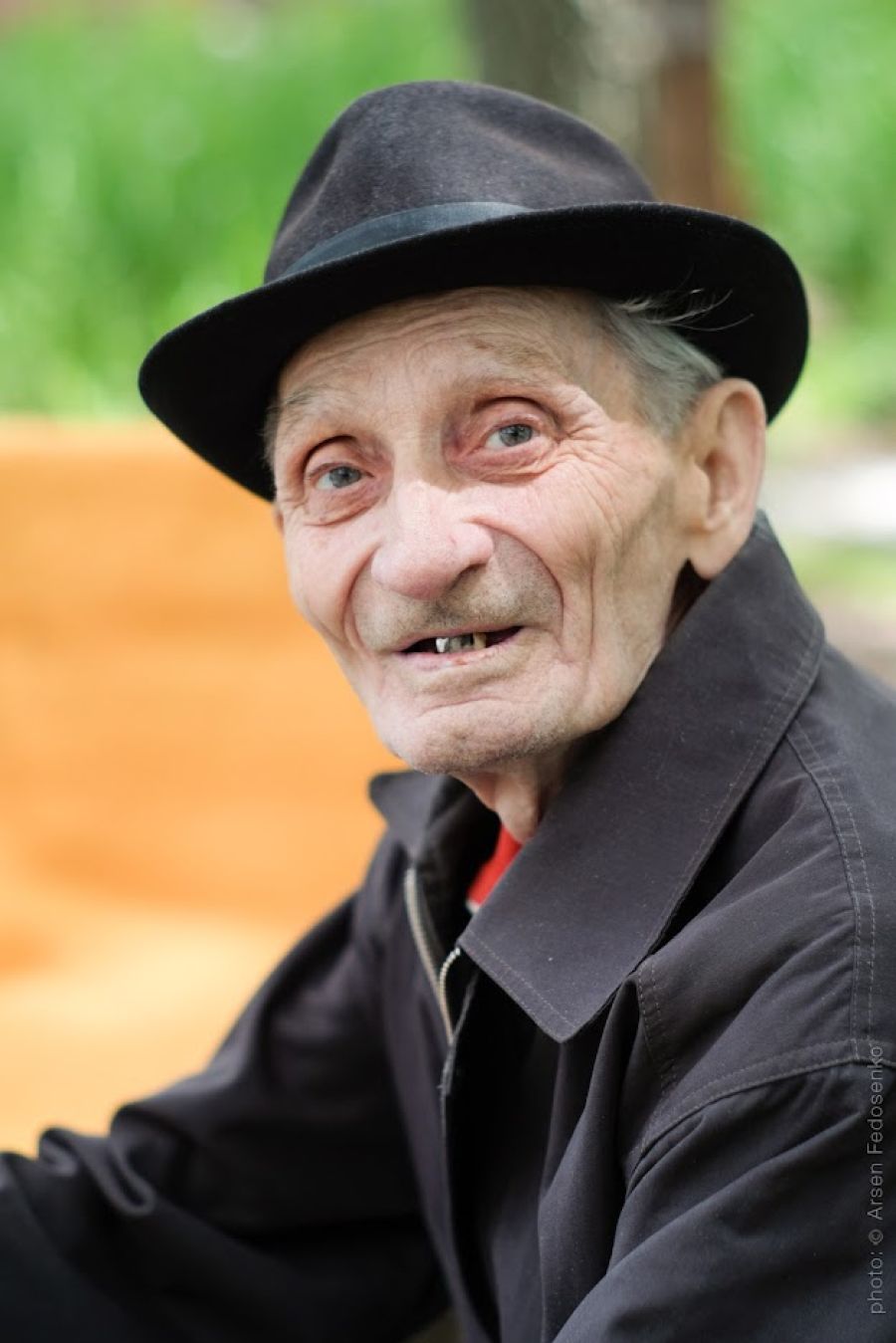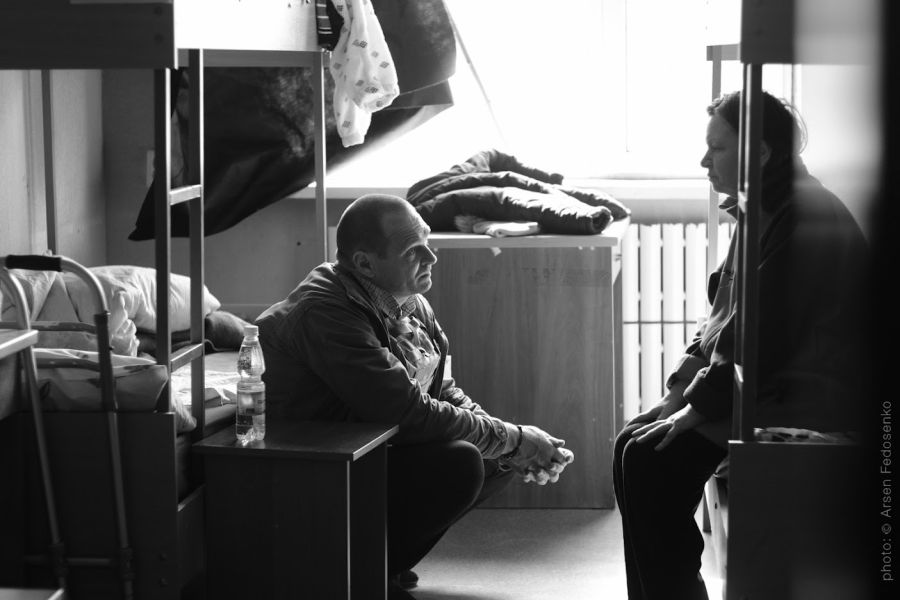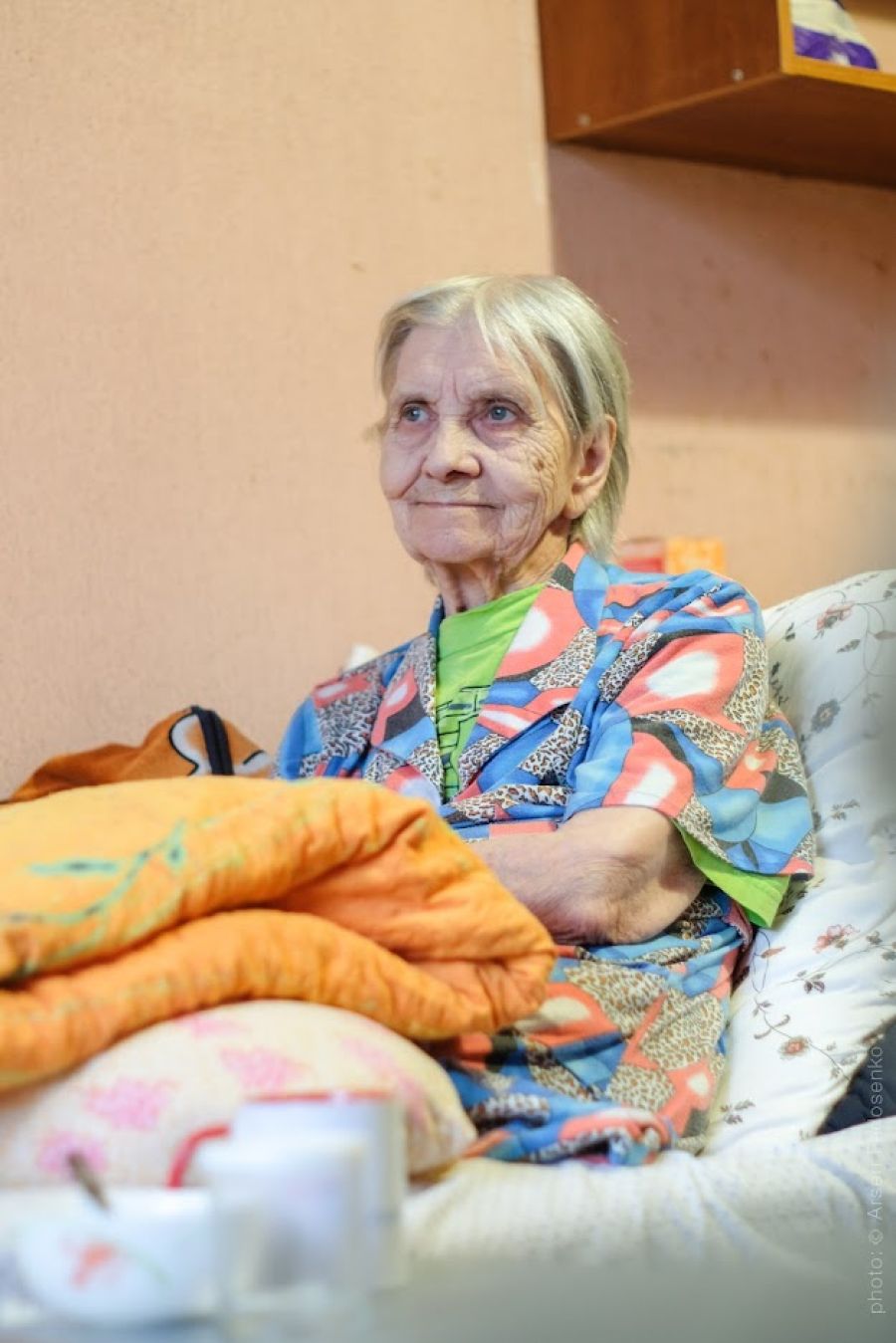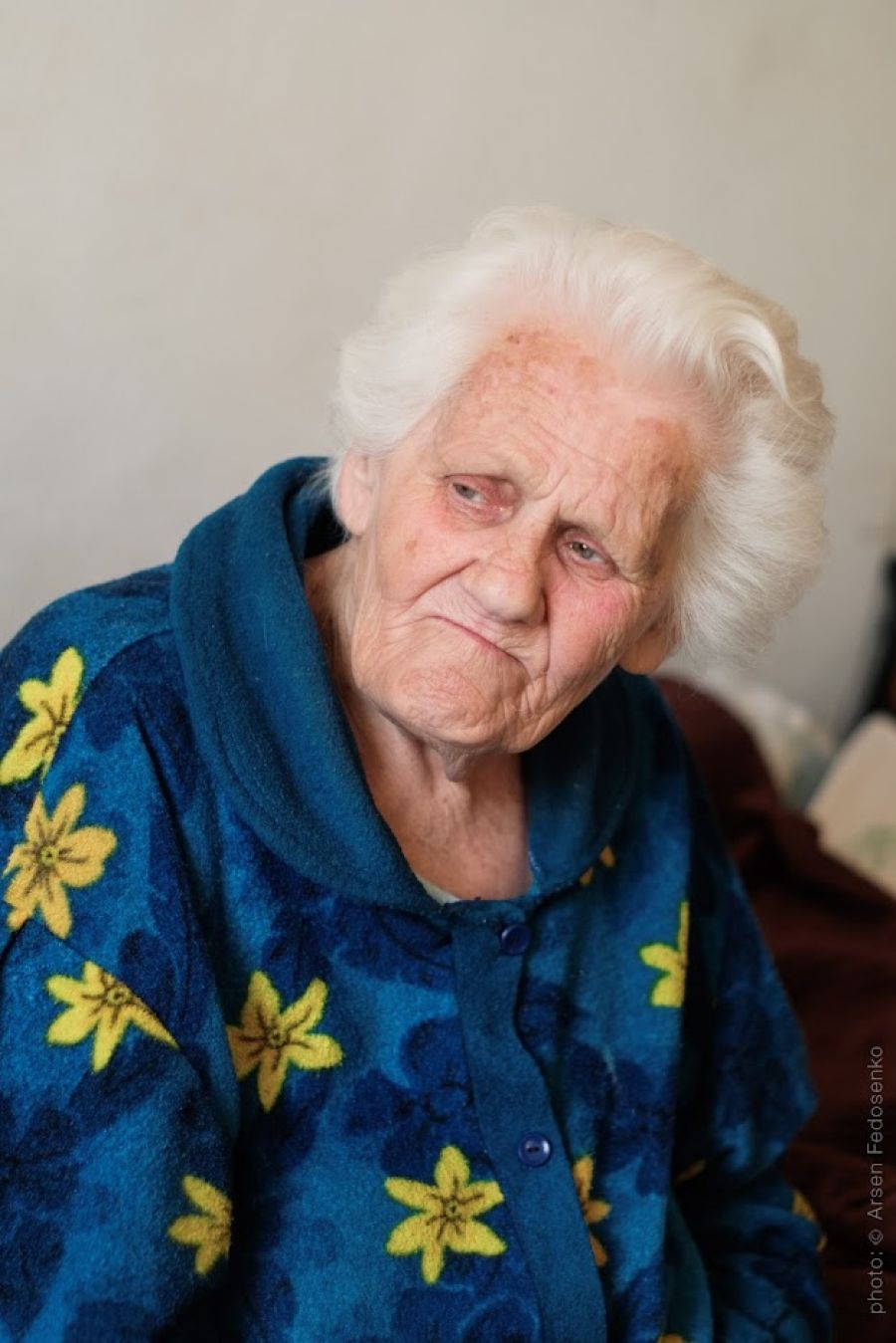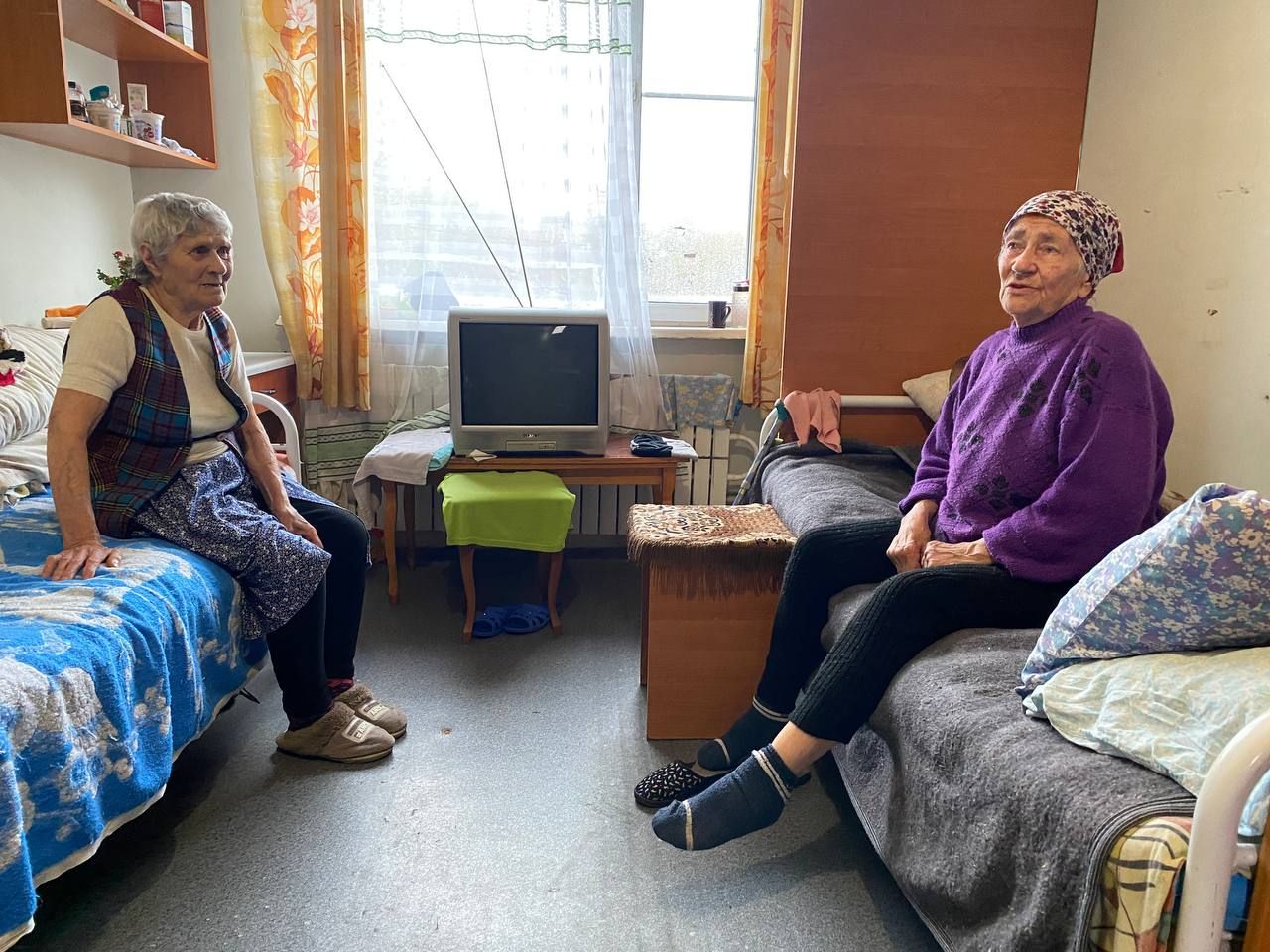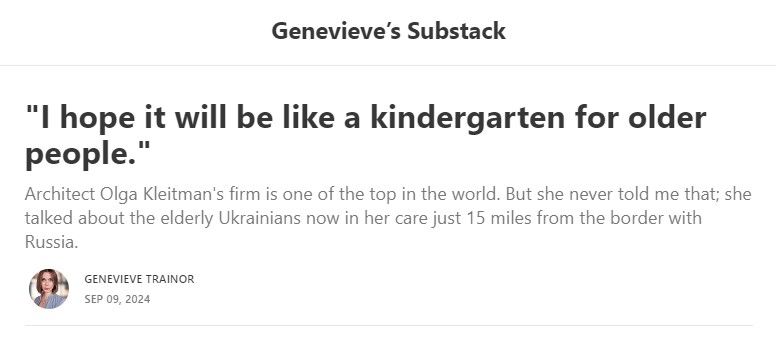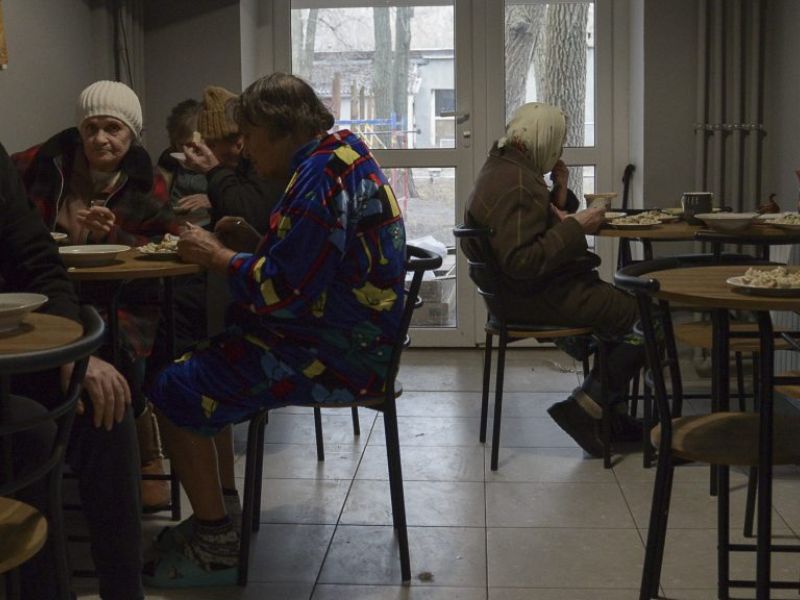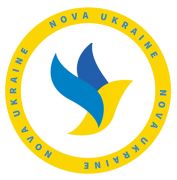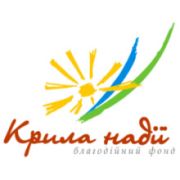since full-scale invasion

Shelter
A specially equipped and redesigned building for the needs of the disabled in a quiet reserved location with food and staff.
-
![]()
Let's warm Ukraine
Due to the fact that the Russian Federation attacked the infrastructure of the city and de-energized the thermal power plant, our team decided to announce a collection for firewood for the shelter. And thanks to American donators, we were able to purchase two trucks of firewood! Yes, this is only enough for a month, but anyway, our volunteer team and the residents of the shelter thank you for giving us the opportunity to live this month in warmth and comfort. Thank you, you are the best!
-
![]()
Let's warm Ukraine
-
![]()
Let's warm Ukraine
-
![]()
Let's warm Ukraine
-
![]()
Larissa and Albina Grebinnikova
On the first day, February 24, a bomb hit a neighboring apartment, a fire broke out, says Albina. Albina and Larisa are sisters. Albini 77, she is a teacher of Russian and Polish at the college. Larissa 82, she is a violinist. She worked as a choirmaster, she doesn't remember where. Rescuers smashed down the door and took both grandmothers into the basement. Without water and light, they and their neighbors waited for rescue for 3 days.
Eventually, volunteers pulled them to the surface. But they were taken to a bomb shelter, put in a corner ... People were changing, and the grandmothers were sitting motionless (not lying down). Only a week later their friend Vasily found and took them to his apartment in a high-rise building. But this is not a happy ending, this is the beginning of the challenge for Vasily as well. Albina moves a little with a walker, and Lara does not, while Vasily's apartment is on the 16th floor. Vasily brought them chairs and again our acquaintances sat down near the non-working elevator in the freezing lobby. 15 days as one day. Albina says the bomb shelter was much worse because people were walking on her poor diabetic feet.
The poor sisters were our first wards. We cleaned and decorated the room, even brought flowers. But when we saw them we were embarrassed by how inappropriate all this was, especially the chairs. We brought them to their senses for a day, they didn't even take off their fur coats and hats in bed. Doctors also had a job - they saw bedridden people, but not sedentary ones. Today is April 9 and Albina with a smile proves to me that she always looks good))) Larisa when asked how are things shows thumbs up)
-
![]()
Anatoliy Asheko
Anatoly was born in St. Petersburg and studied in Moscow. Then he was drafted into the army, served two years. He moved to Ukraine and got married. He worked at the University. Karazin, taught physics.
My wife died a long time ago, because of a misunderstanding with my son I had to leave home. He lived in a social shelter. Due to the war, the social shelter could not work and he came to us. He dreams of Ukraine's victory to return to normal life.
-
![]()
Anna Golovko
Anna was born in Malaya Danylovka, Kharkiv region. However, he believes that she has two homelands. Poltava region is the second homeland. There she went to school, studied for 4 years. Through her father's service she changed 6 schools in 10 years.
After school she tried to enter the Kyiv Polytechnic Institute, without getting two points, she worked at a pen factory for three years. Then she entered the Kharkiv Polytechnic Institute as an electro-chemist. After her studies she was sent to work in the military-industrial complex where she worked for 36 years. The work was unhealthy and nervous. After a complicated operation she received the second group of disability.
She was married, her husband died, she never had children. At first she was mobile, but the disease took its toll, it became difficult to move. The social service took care of Anna.
"The war made me the loneliest person in the world, it took away my brother. My brother lives in Russia. My brother's wife called at about 4 pm on February 24 and told me not to run away, but to wait. When asked why you need our airports, she said that their president is fighting our junta, and to my objections that there is no junta here, she said that they trust their president.
A few days later a neighbor's house was hit. My daughter-in-law called me again. I was asked if I had gone somewhere. I said that now I was standing by the window and watching the burning of a civilian house, ambulances and firefighters. She asked if I was standing there, and replied that if I did stand there, I would not be there anymore.And there was no more connection, I am surprised that the native did not even say a word and does not believe me.
The shelling became more frequent, the fragment of the projectile flew to the roof of the building. After that, life in the house became impossible. The sewer broke, no light, no water. Social workers helped Anna find shelter.
-
![]()
Natalia Kovaleva
She was born in the village of Dmytrivka, Kharkiv region, in 1940. Childhood was difficult, five children in the family. My father never returned from the front. She studied in Dmytrivka at the school until the 7th grade. Then she moved to Kharkiv, studied at the Mechanical Engineering College as a technologist. She worked all her life at the Malyshev plant.
When the war began, she was left alone, her husband died a long time ago, and the children went abroad. At the very beginning of the war, a shell hit the house. Natalia was excavated among the rubble of the building, it was hell. She no longer has a home apartment that has been freshly renovated and has a soul. "It's very scary when in childhood there is a war and in old age it also accompanies you."
Volunteers helped Natalia find our shelter. And now she is waiting for the victory to start life over.
-
![]()
Valentina Petrova
Valentina was born in Kharkiv, a native of Olshanka. She graduated from 10 classes of school, and then sewing school. She worked as a seamstress all her life, first at a factory near the Central Market, when two branches were opened in Olshanka, she moved there.
Valentina married at the age of 26 to tractor driver Vasily Petrov. Their daughter Tatiana was born.But the lives of their daughter and grandson were tragic, they died of a hereditary disease.
Valentina is still involved in her work. When the war broke out, the woman lived in Saltivka, near the Heroiv Truda metro station. A neighbor helped Valentina move to a safe place, namely to our shelter.
-
![]()
Valentina Shevchenko
She was born in Kharkiv. She lived in the Kholodnohirsky district. She graduated from 10 classes of school № 60. Then she entered and graduated from the Kharkiv Institute of Trade. After graduating from the institute, she worked in the market. She moved to Leningrad and worked there as a director in the field of trade. There she met her first love - military, Colonel Vasily Fedorovich. They married, and soon their only daughter was born - Olga. After 10 years of living together, they broke up.
Victor Alekseevich - Valentin's second husband is a surgeon. They lived together for a short time, because the man left her for another woman.
After a while, Victor returned, but it was too late, Valentina's heart at that time was occupied by others. It was Vasily Ilyich, with whom they lived together for more than 18 years. After Vasily's death, they reunited with the first man, who also died. Until the age of 85, Valentina was behind the wheel, but 8 years ago she broke her leg. There was no money for the operation, so she moves only in a wheelchair. Valentina Shevchenko has a daughter, two grandchildren and three great-grandchildren, but they are all abroad.
So now Valentina is in our shelter.
-
![]()
Eugene Lantsyuzhenko
Eugene was born in Kharkov, where he went to school. He graduated from music school, played the trumpet. He devoted his life to music, played in the orchestra. He went on tour, to competitions, played in circuses. Eugene has no family, stayed alone.
He is 84 years old, ten years later he completely lost his sight due to illness.
A month before the war, he had a social worker, but the woman left and he could not cope with the difficulties of life on his own. In addition, his area was constantly shelled. And Eugene was brought to our shelter. He is waiting for our victory, he has a small dream to crush the Kremlin.
-
![]()
Albina Loshkareva
Albina was born in the Kursk region. After school she moved to Dnipropetrovsk to study at the Technical School of Automation and Telemechanics and was sent to the Kazan Financial and Economic Institute. She got a job as an economist. She moved to Kharkiv and considers it the best city on Earth.
She worked as an ACS engineer, director and chief accountant. Her career was successful. No family, due to diabetes, decided not to have children. In 2017 she retired.Instead of a quiet retirement she got a terrible war. During the shelling, neighbors she was transported to the basement, but because of a sore leg, it was difficult to do every time. The shelling did not stop. Good acquaintances helped Albina find refuge.
It is unknown at this time what she will do after leaving our place.
Albina dreams of ending the war to celebrate our victory with friends in her ‘modest penthouse’.
-
![]()
Mykhailo Pisetsky
Born in Belarus, in the Vitebsk region, a small town Verkhnedvinsk. He graduated from 10 classes of school. Then he worked in Riga as a builder.
From Riga he was drafted into the army, got to the city of Apa. He received the rank of junior sergeant. Sent to Germany, was branch commander, then deputy commander. At the end of the term, he was promoted to senior ensign in 1971. In 1976 he moved to Kharkiv in autorotation to the tank school.
After the tank school he worked at the Kharkiv Tractor Plant until his retirement. During the war he was left alone, a daughter in Ireland, a son in Poltava. It was really tough alone, and my daughter's friends helped me with this shelter.
-
![]()
Peter Palivakov
He was born in the village of Klinovets in the Belgorod region. He finished school there. He came to Kharkiv to study at the Kharkiv Electro-Mechanical College of Electricians.
He worked for a year and a half at the Shevchenko plant. Then in the shop as a regulator, where he retired.
He has a wife and children. The daughter lives in the Crimea, the son in Kharkiv. The wife fell ill and was hospitalized, the son is very busy. So that Peter would not sit alone under fire, his son brought him to our shelter.
The greatest desire is to see his wife and reunite in the family circle.
-
![]()
Tatiana Selizneva
Son Ruslan, granddaughter Sofia (7 years old), divorced her husband Vasily when Ruslana was 3 years old. In 2011 she suffered a stroke, her blood pressure was always high, in 2014 the first "red flags" of Alzheimer's disease began (she began to forget something, got lost in time), in 2017 she lived with caregiver Svetlana for 1.5 years. After Svetlana died of coronavirus, Tatiana changed - she started talking a lot (before that she was mostly silent). She has always been at work, loves to watch Indian movies, pop concerts.She is now in our shelter.
-
![]()
Olga Zhadan
She was born in Rubizhne, Luhansk region. We moved to the village of Shtormove where she studied at school.
She entered the medical school in Stavropol. After graduation she was sent to Pervomaisk, where she worked for 35 years.
She had a family, her husband died a long time ago. Three years ago she received a fracture of the femoral neck and her daughter took her to Kharkiv. There were two complicated operations, so she stayed in Kharkiv.
When the war broke out, she could not go down to the basement. The daughter found shelter. She misses home and worries that she has nowhere else to go.
-
![]()
Lyudmila Sedelnikova
Ludmila's homeland is located in Pechenegs, Kharkiv region. She graduated from 7th grade. She moved to Stary Saltov. All her life she worked in construction.
Her husband and youngest son died a long time ago, and the children fled the country. Like most Ukrainians, the war caught up with her on the night of February 24. It came under occupation. At first she hid in the pantry from the shellings, until the shell demolished the roof of her home. After that, a neighbor offered to hide in the basement of a neighbor's house. It was a nightmare, she almost lost her sanity sitting in the basement with other people.
When the Ukrainian army liberated Stary Saltiv, she was brought to the House of Mercy and sent to our shelter. The past life is ruined, and there is no home to return to.
Shelter requires weekly
Food:
- flour and bakery products
- meat and sausage products
- milk and dairy products
- vegetables and fruits
- pasta
- non-carbonated drinks
- cookies and candies
Household chemicals:
- floor washing means
- washing powder (or liquid remedy)
- soap, shower gels, shampoos
- dishwashing means
- Pipe cleaning means
- disinfectants
Hygiene products:
- moisture -absorbing diapers (large size)
- diapers for adults
- napkins wet and dry
Medicines:
- hypertension cure
- cardiovascular disease medicine
- specialized patches from pressure ulcers
Media about us
Donors Who Helped
We are grateful to those who are already helping Ukraine and stand side by side with the people and army, who protect the democratic values and peace in Europe and the world in the hard times. With every day of war, the needs increase, and we do our best to direct the help exactly where it is needed the most.
-
![]()
Nova Ukraine
USA -
![]()
Corteva
USA -
![]()
Greek Catholic Church
Germany -
![]()
Wings of hope
Lviv
In wartime, we organized a shelter for 40 people in need and support it with our best. Our team wants to continue their work and develop a project to restore and expand the shelter by European standards.
Stand with Ukraine!
© 2022 - 2024 All rights reserved.
 NGO "Through the War"
NGO "Through the War"